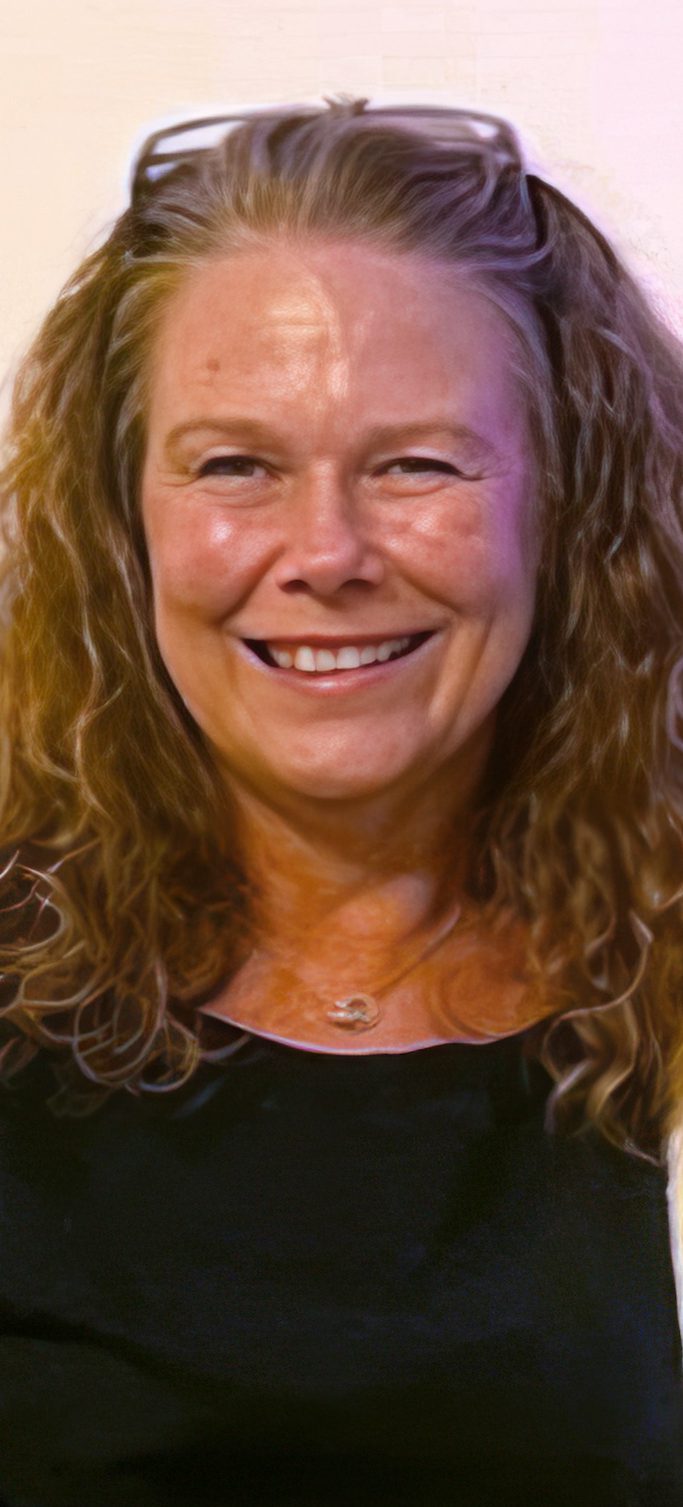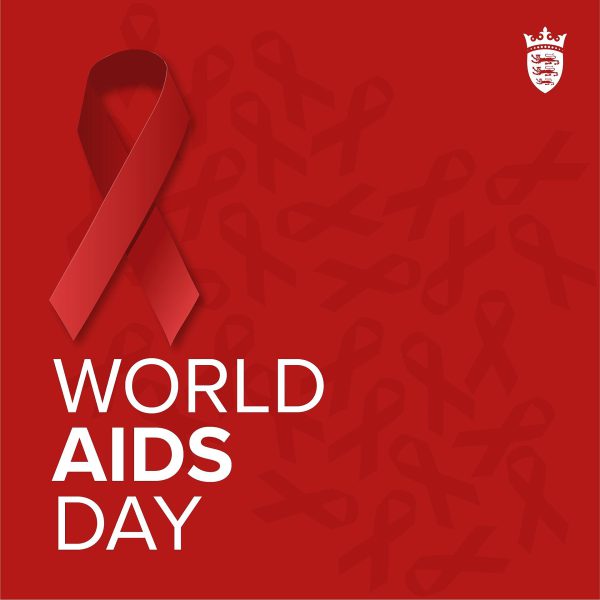To mark World AIDS day 2023, we sat down with Health and Community Services Nurse Specialist, Michelle Mulhall, who found her passion in caring for those with blood-borne viruses, particularly in the context of HIV/AIDS.

Michelle’s specialisation in this area began during her time as a District Nurse when she became motivated by a project on women’s access to HIV prevention. She explains, “I dedicated myself to an academic project addressing the inequalities women experience in their accessibility to PrEP to prevent HIV.” PrEP (or pre-exposure prophylaxis) is a medication that can reduce your chance of getting HIV if exposed from sex or injection drug use.
Michelle continues, “it was this that ignited my interest in specialising in HIV. Then a job opportunity arose to work in Blood Borne Viruses which entails caring for people living with HIV, where I have now worked for over 7 years.” Reflecting on her role, she says, “This been the most rewarding and exciting area in my career. Making a difference daily and improving someone’s life is a privilege.”
Michelle stresses the importance of global initiatives like World AIDS day in bringing together and educating communities, to avoid misinformation. We asked Michelle to share some of the most common misconceptions about HIV/AIDS. She said, “people don’t think HIV relates to them for many reasons such as, they’re straight or in a long-term relationship, they don’t use IV drugs, they think they could tell if their partner had HIV or they believe that HIV is a death sentence or the same as AIDS.”
Advancements in medical technology and treatment options have revolutionised HIV/AIDS care, leading to simpler treatment plans, enhancing a patient’s quality of life. Highlighting the positive changes, Michelle explains, “Years ago, patients had to take several pills a day, now we have combination medication with 3 drugs in 1 tablet, reducing a person’s pill burden dramatically. Once on consistent treatment, the virus becomes undetectable and cannot be transmitted to other people.” She continues, “It is so rewarding to seeing a person recover from being so sick and go on to lead a healthy normal life and have their own family.”
Looking to the future, Michelle stresses that education for prevention remains vital in the fight against HIV/AIDS, emphasising the need for communities to promote self-care and support testing initiatives. She said, “In Jersey we have begun to hold sponsored education meets for clinicians throughout the Island that promote HIV testing. HIV/AIDS is everyone’s business and everyone should be offered a test to know their status, as the only way someone will know they have HIV is to have a test.”

Michelle’s message is clear; by encouraging open conversations, challenging myths, and supporting testing, individuals can play a crucial role in stopping the spread of the virus and breaking the stigma associated with HIV/AIDS.
Free and confidential screening bookings can be made by calling or emailing one of the following services at the General Hospital:
- Blood Borne Virus Department Tel: 444319 or email BBV@health.gov.je
- Sexual Health (GUM) email S.H@gov.je
 blog.gov.je
blog.gov.je